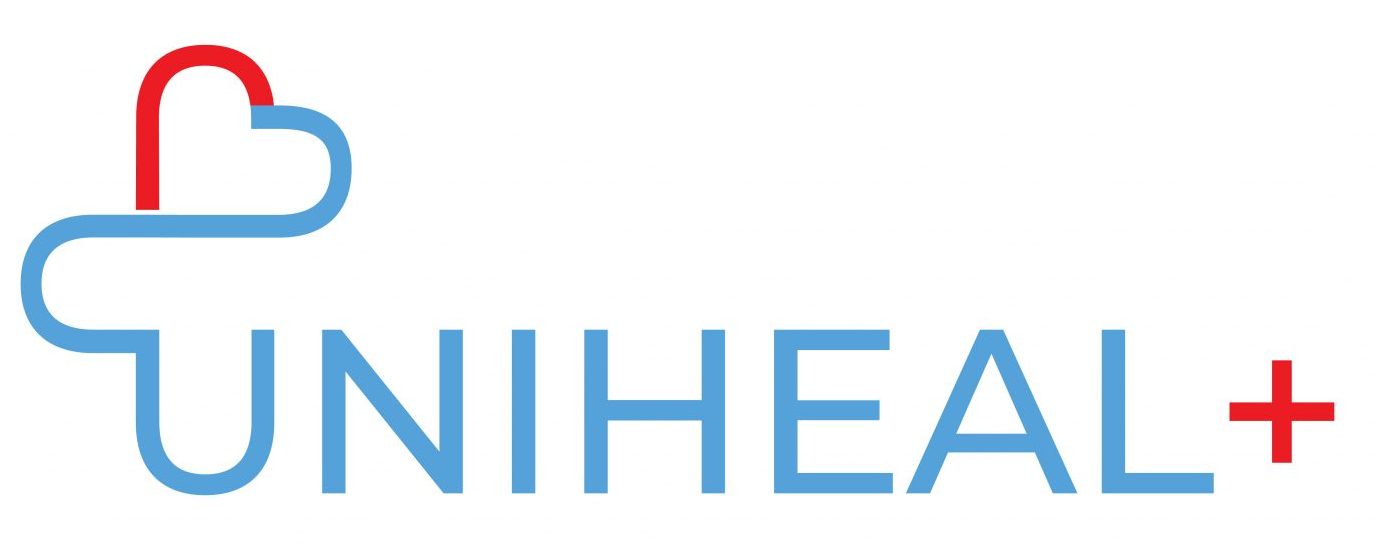Digitization in healthcare is an important trend that will transform the way patients and professionals communicate and treat medical conditions. Why digitization in healthcare is important?
The world is changing, and healthcare is no exception. There is a big shift in how we care for our patients and in how we interact with them. The increase of Internet access, more data and other technologies are making it possible to look after more people while at the same time making our lives easier.
What’s changed?
- Healthcare providers can access patient data almost anywhere, anytime to improve care, prevent harm and save lives. The healthcare industry has grown into an $8 trillion industry with a growing need for better research and technology.
- The resulting consolidation of healthcare delivery is creating new opportunities for both private companies and public institutions to improve the quality of healthcare.
- This information has become a valuable asset for business as well as public organisations such as governments, hospitals, insurers or universities that want to improve the quality of their services. They can use this data to target patients or join their network of providers which leads to improved service delivery or even save money by providing better quality care at a lower cost.
More info at: https://digitalsalutem.com/advantages-and-challenges-of-digitization-in-healthcare/






